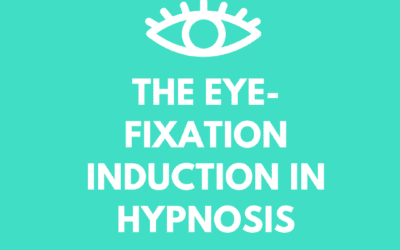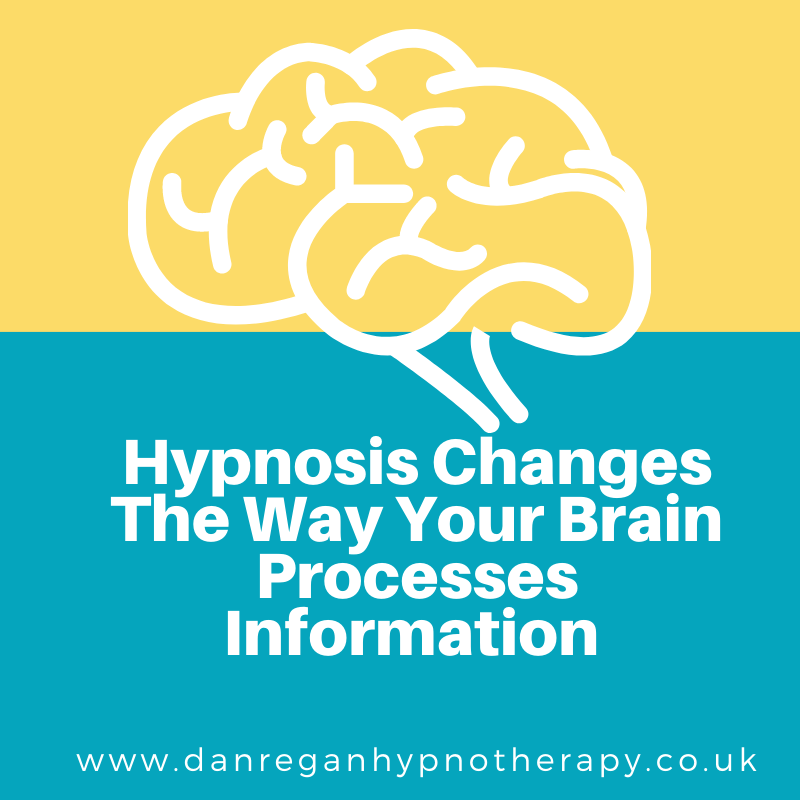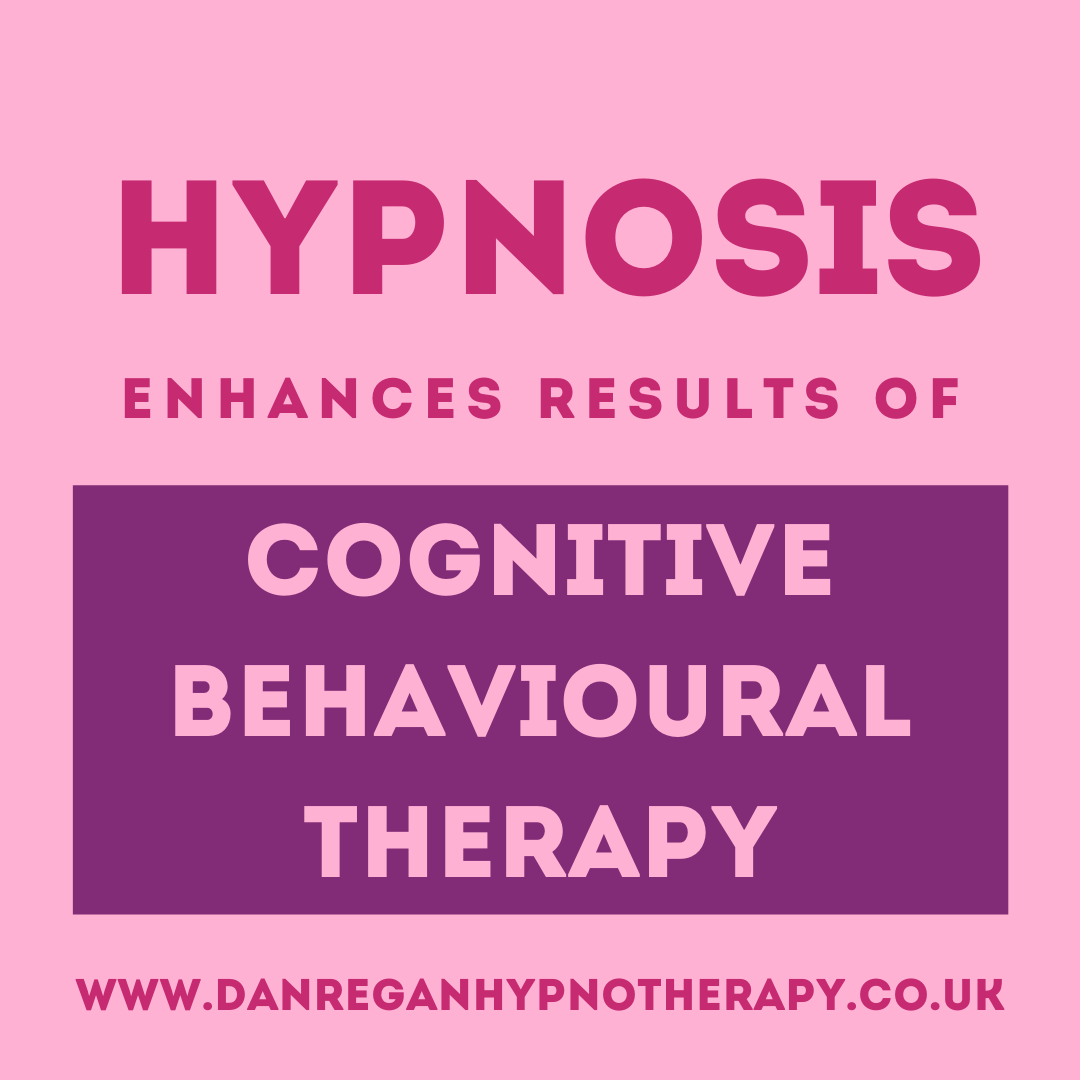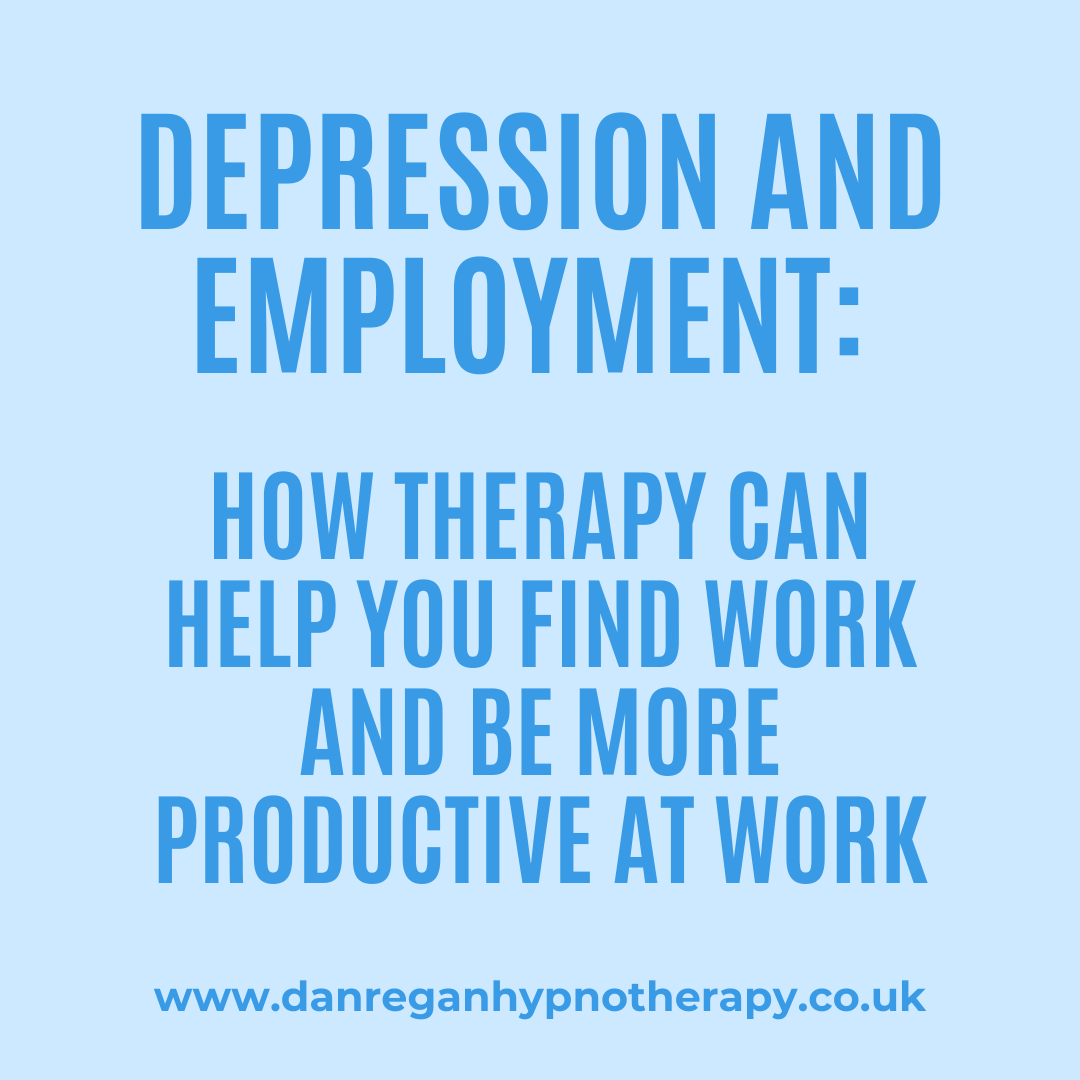Required
Walk And Talk Therapy – Where Nature, Exercise and Mental Health Combine
Walk And Talk Therapy – Where Nature, Exercise and Mental Health Combine
As I write this, Spring is upon us and out of my window the sky is blue and the sun is shining brightly (although the frost on the car was so thick this morning that it took ages to defrost and made me late for bootcamp!).
With a few extra layers on (for those out-of-the sun moments), it’s a lovely time of year to get out and go for a walk. I love running at this time of year when the sun is out and it isn’t yet the crazy heat of summer. And now the mornings are lighter, the sun also shines on us at bootcamp (even if it was totally freezing cold this morning).
It was so nice that yesterday we all went for a walk around Ely and had a bit of fun playing tag in the grounds of Ely Cathedral, although the photos made me realise just how long my lockdown hair had become (but by the time you read this normal hair order will have been restored!).
I’ve written a lot in previous articles about the benefits of exercise, and of getting out in nature, for your mental health and well-being. It makes a massive difference to be active and get out, especially after all the restrictions from lockdown that curtailed a lot of these activities. And recently the idea of walk and talk therapy seems to have grown, especially as it has allowed people to access therapeutic help that keeps social distancing and avoids too much close contact. Naturally not all mental health therapy approaches are well suited to walk and talk therapy, which is perhaps why it has mainly up until now been something mostly popular with counsellors. But the key question, with any type of therapeutic intervention, is all about whether it can actually help you to feel better.
So what does the evidence tell us?













